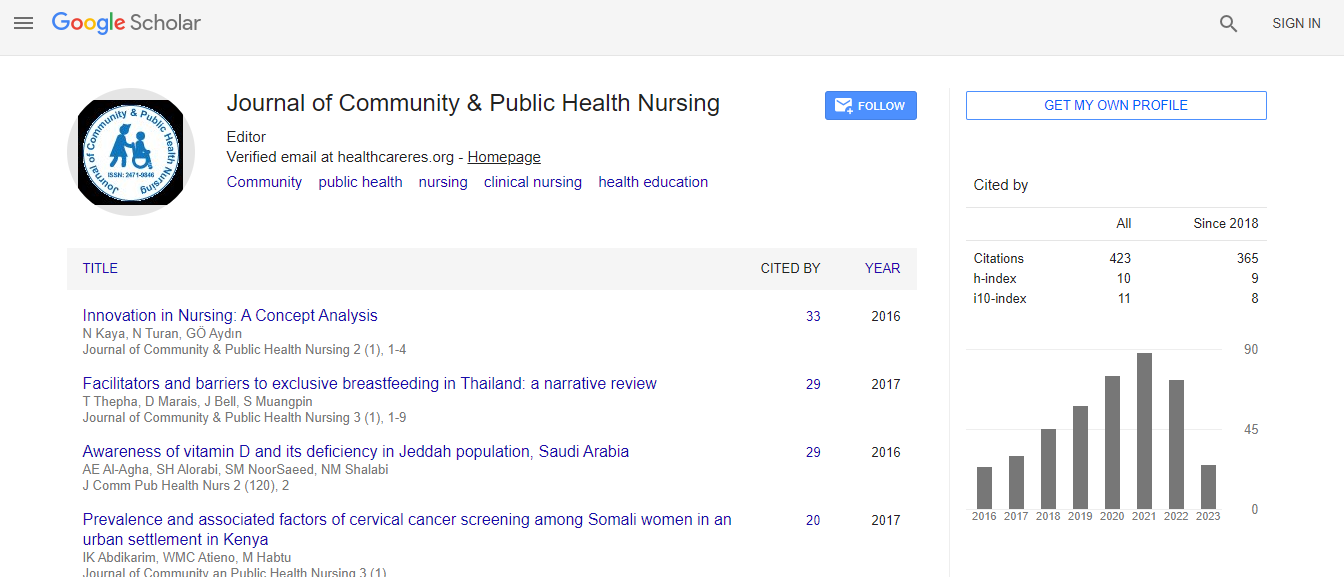Research Article
Policy Review and Recommendations: Palliative Care for Pediatric Patients in the United States of America
Richard John Mooradian Ramsey* and Susan B Matt
Department of Health, Seattle University, 614 20th Avenue, Seattle, WA 98122, USA
- *Corresponding Author:
- Richard John Mooradian Ramsey
J.D., M.S.N., R.N.,Department of Health
Seattle University, 614 20th Avenue
Seattle, WA 98122, United States
Tel: 206-910-4580
E-mail: rjmooradian@gmail.com
Received date: October 14, 2016; Accepted date: November 21, 2016; Published date: November 28, 2016
Citation: Ramsey RJM, Matt SB (2016) Policy Review and Recommendations: Palliative Care for Pediatric Patients in the United States of America. J Comm Pub Health Nurs 2:144. doi:10.4172/2471-9846.1000144
Copyright: © 2016 Ramsey RJM, et al. This is an open-access article distributed under the terms of the Creative Commons Attribution License, which permits unrestricted use, distribution, and reproduction in any medium, provided the original author and source are credited.
Abstract
This research analysis focuses on palliative care approaches common within the United States and aims to show strengths, weaknesses, areas for improvement and research gaps to be closed by future studies. Ultimately, the end goal is to build a feasible, appropriate and actionable government policy proposal to ensure that all chronically ill Americans, in particular infants, children, and adolescents, receive the best care possible. This research involves briefly analyzing and assessing, using value theory and meta-ethical considerations, the unique palliative care systems in the United Kingdom, Canada and Belgium. The onion research paradigm and techniques provide the framework for this study. The research strongly suggests that the American palliative care system in general, and pediatric palliative care system in particular, are woefully lacking and in need of significant changes and improvements. Recommendations include: moving from a particular category consideration to a holistic approach that involves integrating many disciplines and family members into the treatment plans of adults and children alike; providing more robust and palliative-specific training programs; increasing funding for palliative care research, options, programs, education, and organizations; placing a stronger emphasis on networking with community spiritual, emotional, medical, and human resources; establishing units specifically designed to treat infants, children, and adolescents and catering to their and their families’ needs; and creating campaigns to ensure that all Americans are familiar with palliative care options.

 Spanish
Spanish  Chinese
Chinese  Russian
Russian  German
German  French
French  Japanese
Japanese  Portuguese
Portuguese  Hindi
Hindi 
